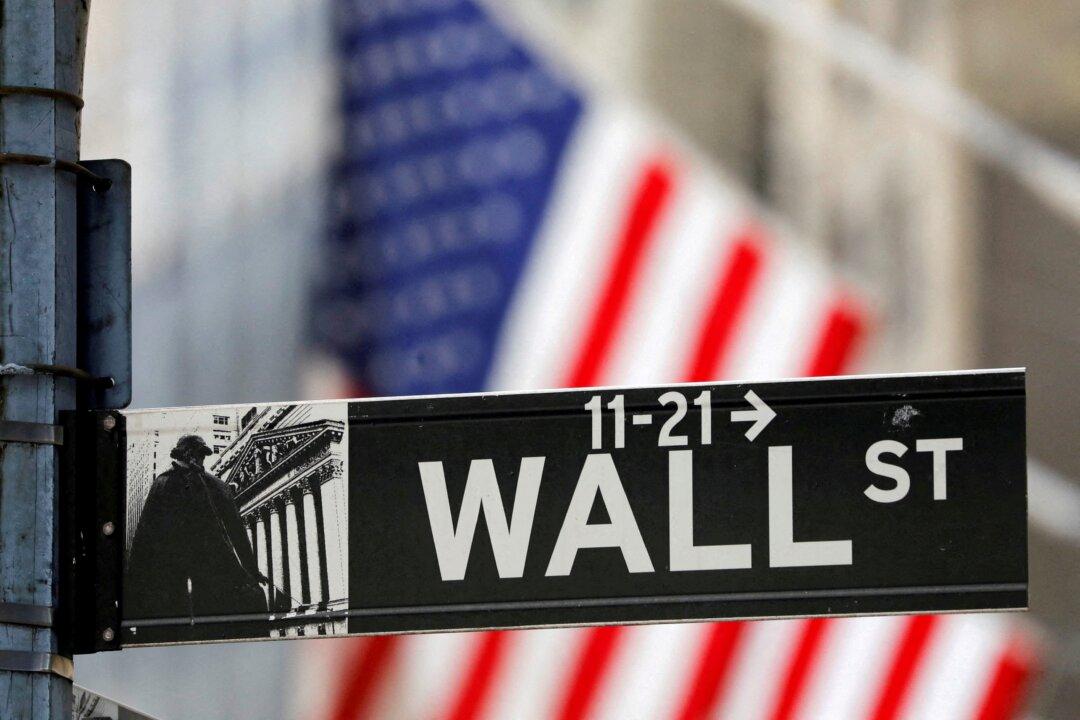Commentary
“Rich-people problems aren’t going to tank the economy,” Wall Street Journal reporters recently assured us. Lest anyone forget, for decades there has been a Great Wall at the Journal, which Rupert Murdoch never demolished when he added the paper to his massive media empire in 2007. While there’s no denying the talent and scope found within its army of reporters, the Journal’s news pages are as liberal, if not more so, as what is found in the rest of the powerful establishment, mainstream media.





